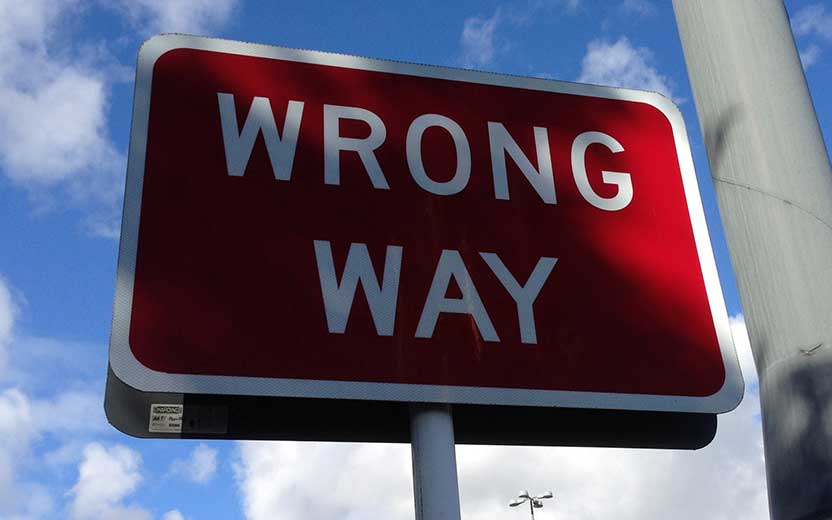By Marcus Fernandez
One of the most critical factors in building any personal injury case is documentation and evidence. From the moment that your car accident occurs, it becomes essential for you to begin cataloging important pieces of information. Additionally, if you are injured and intend to sue for damages, you will need to enlist the assistance of an experienced personal injury attorney. The documentation required varies from case to case, and your lawyer will help you determine precisely what is needed to substantiate your claim for damages. Here are nine documents that you should prepare ahead of your visit:
1. Insurance Policy
If you have car insurance, you will need to show your attorney a copy of your plan policy. The insurance policy will help determine the type of recovery to which you may be entitled. If you don’t have one with you, contact your insurance company to obtain a copy.
If you have engaged your insurance company after your car accident, keep a detailed record of any conversations or emails.
2. The Other Party’s Information
After getting into a car accident, you should have exchanged contact information with the other party. Provide your attorney with as much information as possible including contact information, drivers license number, license plate, registration, and any applicable insurance. While the scene may seem rushed or tense, you should make sure to keep an accurate record of the parties involved.
3. Police Report
If you get into a car accident, notify the police right away, even if it is a minor accident. When the police arrive at the scene of a crash, they must fill out a detailed police report with the details of the incident.
Usually, the officer will include his or her impressions of the accident, including any violations that may have contributed to the crash. Even though Florida is a no-fault state, the report may include critical details used when settling your claim.
4. Videos and Pictures of the Car Accident Scene
The time immediately following an accident can be jarring. Videos and photographs can help provide an accurate record of the scene, roadway factors, and vehicles. Take as many photos as possible including wide shots of the accident and close up photographs of any damage. You will also want to take pictures of any injuries that you’ve sustained. Photos taken by your phone will include a date and time stamp for your attorney.
5. Witness Statements
When you are in an accident, it is normal that you will have to give a statement that reviews the details of the crash. Additionally, witnesses are asked to provide their account of what led to and happened during the accident. By carefully writing down witness statements or gathering statements from the police, you help ensure a consistent storyline of what occurred.
6. Medical Records 
If the accident caused you serious injury or mental anguish, you might have had to seek medical help. Most immediately, you may have had to visit an emergency room for treatment.
Keep a calendar record of any doctor or therapist visits, medication prescribed and any medical test results. Additionally, keep copies of any bills you receive or benefits paperwork provided by your insurance company.
7. Invoices and Bills
In addition to medical bills, you may incur other unexpected costs as a result of your injury. These expenses can include things such as needing extra help around the house, transportation to and from doctors appointments, or items purchased to care for your injuries or pain.
8. Income Records
If your injuries prevent you from working, you could receive compensation for the lost income. You will need to keep records of any time missed at work, as well as evidence of past pay prior to your injury. Your attorney will use these records, along with paystubs or W-2 when assessing potential damages.
 9. Pain Journal
9. Pain Journal
If you are injured, you are likely dealing with the repercussions of your trauma on a daily basis. In summarizing the issues to your attorney, it is easy to leave out critical details or to oversimplify the challenges you face. From the moment you have suffered an injury, begin a diary to track pain and any on-going issues. You should include the time and date, level of pain, cause, symptoms and what it has prevented you from doing. Your attorney will use the journal to paint an accurate account of how you have been impacted as a result of your car accident. While it’s good to keep documentation for yourself and your attorney, keep information about your case off of social media – it could end up hurting your case.
Again, the paperwork to best support your claim can vary from case to case. If you are in a car accident that caused injury, schedule an initial consultation with an experienced Tampa personal injury attorney as soon as possible. The team at Kinney, Fernandez & Boire will help carefully evaluate your auto accident claim and outline any additional documentation critical to your personal injury lawsuit. We will work diligently and expeditiously to file your claim and get you the compensation that you deserve.


